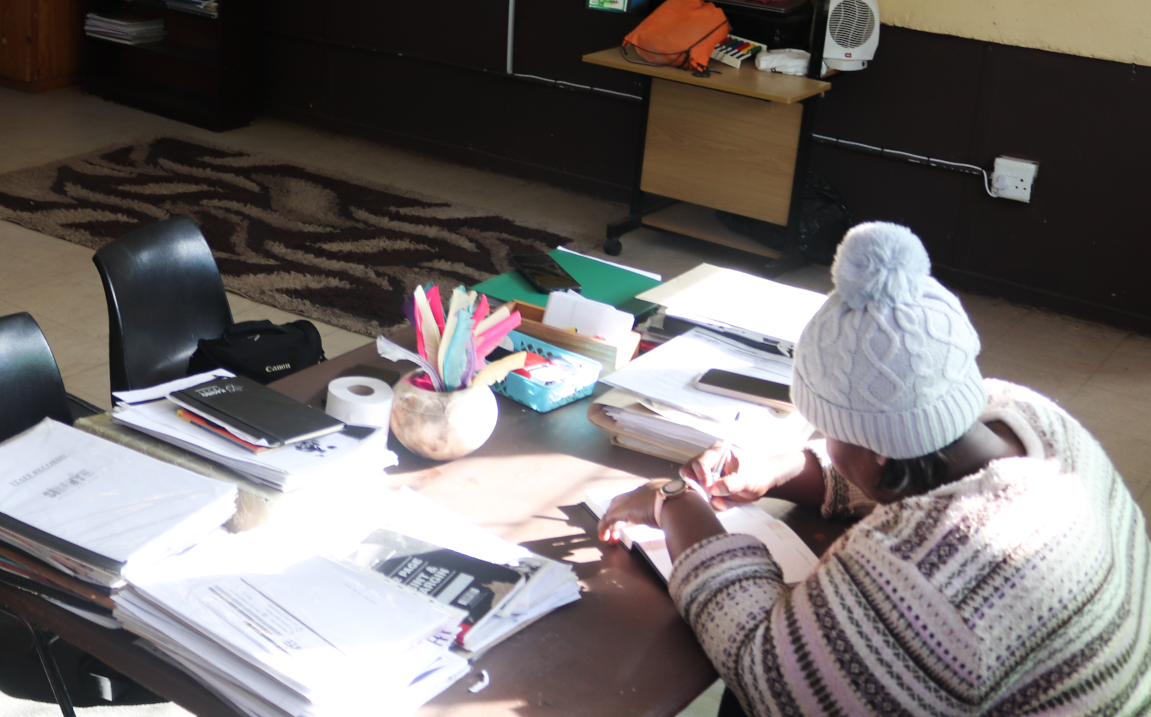
By Iphendulwe Sigwebela
Nomalungelo Maloni’s warm, welcoming smile instantly makes you feel at home. She is gentle and shy, but there is something powerful about her. Maloni is the manager of the Sibanye Centre, a day care for children with special needs. In a society where children with disabilities can easily be forgotten, Maloni has built something extraordinary - a place where being different doesn’t mean being invisible.
Maloni subscribes to the powerful idea that every child should be seen. “Every child has the right to education. We must not deprive children of that right, whether they are disabled or not,” she says with a serious but kind voice.
At Sibanye, the children are taught life skills that they may not get at home. “Here we teach them how to feed themselves, bathe, dress and undress. We also do potty training, things that parents do for them at home,” she explains.
Maloni’s dream is that every child in Makhanda should feel seen and supported. “That would mean a lot. They will have free spirits and not feel sorry or ashamed of themselves. They will be free to express who they are,” she says.
She gets emotional when talking about children who achieve things others thought were impossible. “It is an honour for me, and I am very happy because that child never gave up, they acted blind toward negativity and pushed through.”
But she also sees how some children, especially those who are disabled, are treated unfairly by the community. Many people think disability is something to fear, or even something that can be ‘caught’.
That is why Sibanye was started to give children with special needs a place to be accepted and loved. Maloni believes the community must learn and get involved. “We do not know what the future holds. Anyone can become disabled,” she says, urging people to treat everyone equally.
Her biggest dream is for the Sibanye Centre to grow into a full-time residential centre; she wants it to offer full-time care, therapy and support groups for parents, too, so that there is no one who feels left out.
